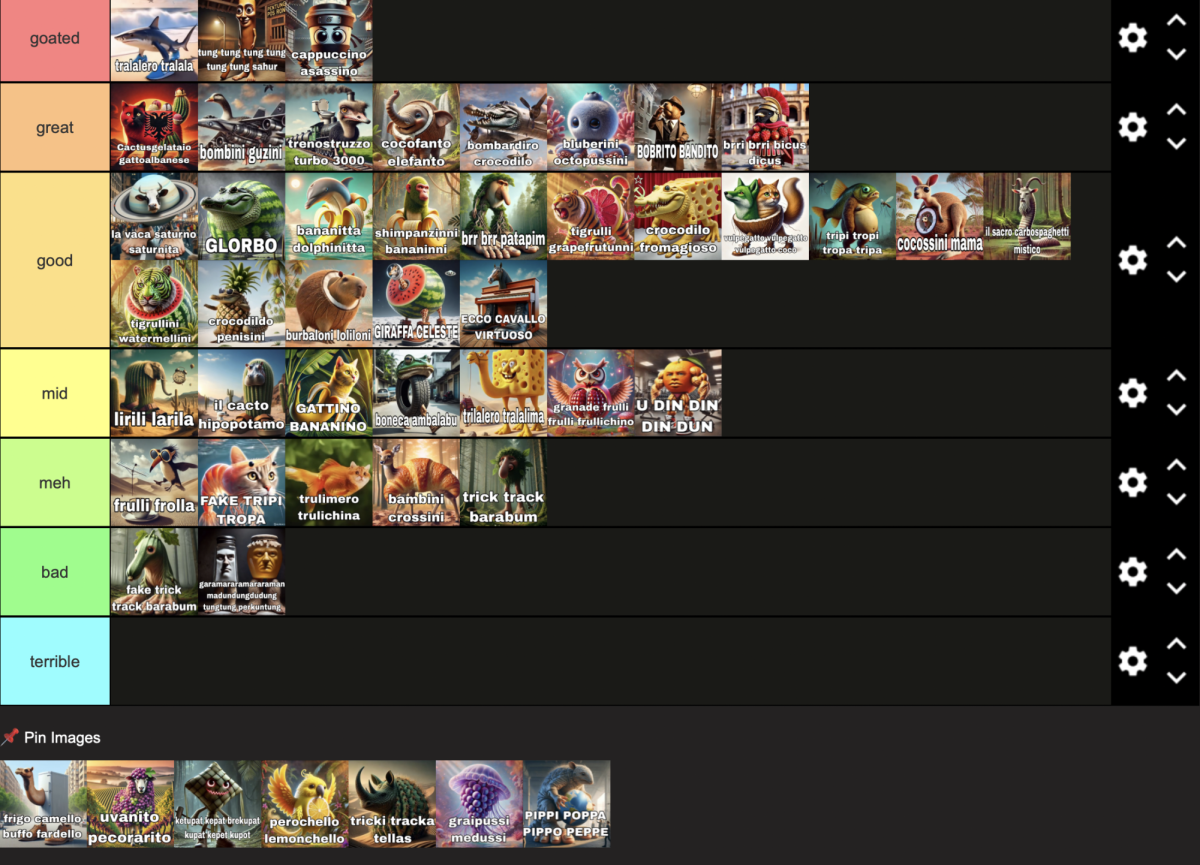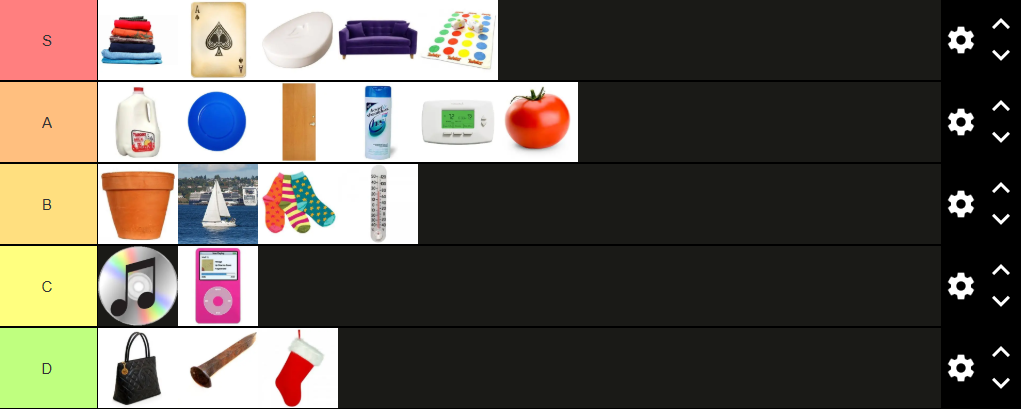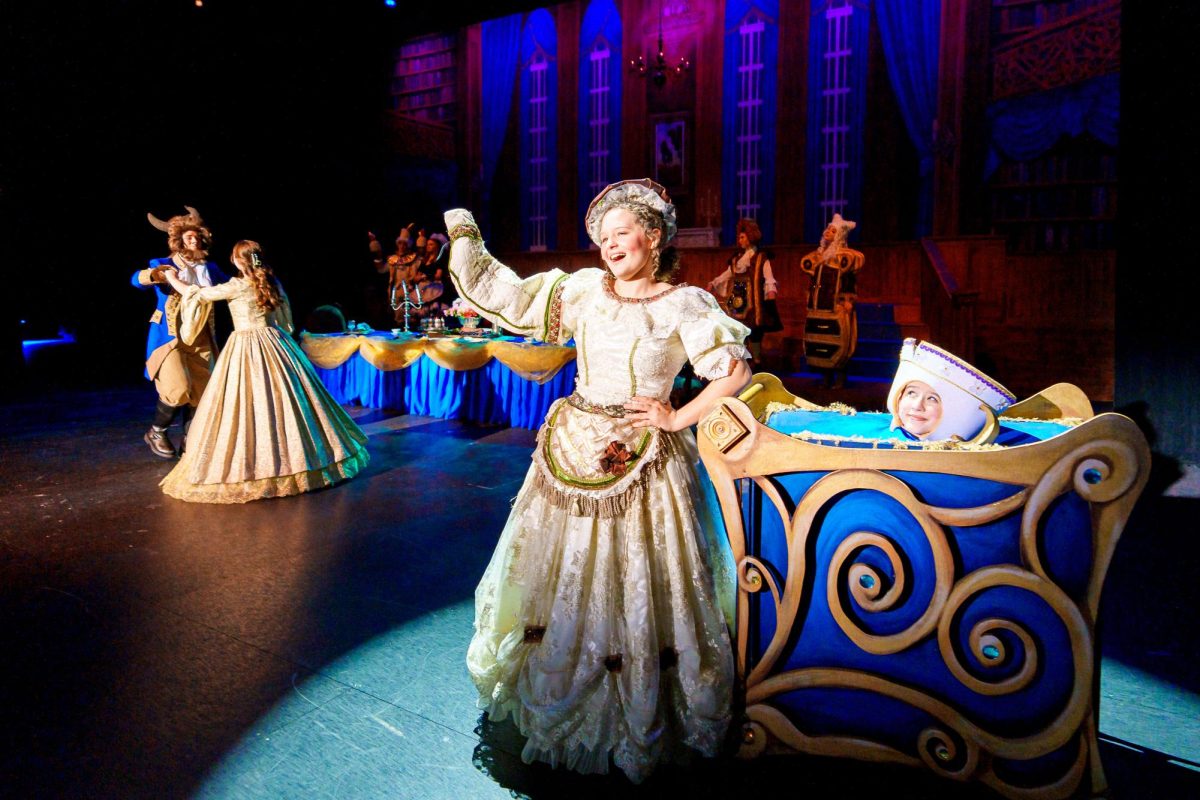“It’s outdated.”
Every year, students across the country are frustrated and confused by William Shakespeare’s work and gripe to their English teachers about how it is old and useless. However, many claim that there is value in teaching Shakespeare and his works.
“It really just improved my reading vocab and comprehension,” Senior Adam Brown said when asked about Shakespeare’s impact, despite also saying that he didn’t learn anything.
The question then arises, how can we find this value and what can we takeaway from these plays? This week, I sat down with various english teachers and asked them about what they are able to takeaway (or not) from Shakespeare.
When I asked CCES AP Language and Composition teacher, Mr. Pharr about what Shakespeare can add to a classroom, he said that it “is challenging, but valuable.” He doubled down on this idea by adding that “a lot of the themes are universal, and the language is beautiful, but challenging.” However, as many students know, Mr. Pharr does not currently teach Shakespeare in his classes.
It is the language of shakespeare that students often find most challenging. Senior Mitchell Wolken said that the language is “more difficult than it needs to be.” Another common complaint is that they were originally made as plays, and not as works of literature. Senior William Mims agrees with this sentiment, saying that they are better to be “watched then read.”
Many of Shakespeare’s pieces also contain outdated ideas, which are controversial but perhaps important to read. An example of this can be found in Romeo and Juliet, where Romeo is 16 and Juliet is only 13. These themes can help students understand the timeframe in which Shakespeare was written.
CCES AP Literature teacher, Mr. Jacobssen also mentioned “there is value to challenging ourselves to think from different perspectives” and compared it to a “beautiful, complicated painting, or piece of music”. While he understood student complaints that the language is complicated, he emphasized that “Shakespeare has an all time grasp of language, and was in fact a genius.”
In Mr. Jacobssen’s AP literature class, the story of “Hamlet” is paired with its film adaptation. This, in addition to the Warehouse Theater’s rendition of “Hamlet” watched by the Upper School, adds to the enjoyment of the lessons. The play was received by the student body as “interesting” and “enjoyable”. This could soften students’ complaints over the relevance Shakespeare’s work.
It could be that the story in particular makes the difference between whether Shakespeare is respected or not. For example, Mrs. Gregory believes that “‘Romeo and Juliet’ should not be taught, as it is not captivating”. Perhaps only one or two Shakespeare pieces need to be taught, as opposed to the four or five that we are exposed to now.
The opinions surrounding Shakespeare seem to be controversial. However, it appears that at least in this school, Shakespeare won’t be going anywhere.


















